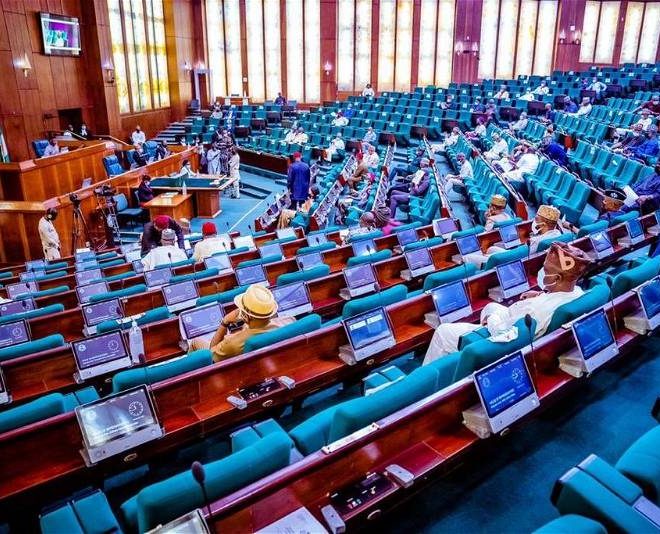The House of Representatives on Tuesday declined a proposed constitutional amendment that sought to introduce a rotational presidency system among Nigeria’s six geopolitical zones.
The bill, which aimed to mandate the rotation of the offices of the President and Vice President across North Central, North East, North West, South East, South South, and South West, failed to secure enough support during its second reading.
Lawmakers debated the proposed changes in a session where the House suspended its usual rules to discuss seven constitutional amendment bills together. Among all the bills, the one calling for a rotational presidency drew the most attention and opposition.
Deputy Minority Leader, Aliyu Madaki, led the charge against the bill. He noted that the aim of the bill had already been addressed by the Federal Character Commission.
“Rotation,” he argued, “should not be made a constitutional matter but left as a political agreement within parties.” Madaki added that existing political parties already had internal methods of ensuring balanced representation across different regions.
Sada Soli, representing APC from Katsina, acknowledged that the bill was crafted with good intentions but questioned its practicality. He raised concerns that making the presidency rotational might reduce the quality of leadership and fuel ethnic and regional tensions.
Shina Oyedeji from Oyo (PDP) added that putting such a clause in the constitution would lead to endless demands from states and ethnic groups within each geopolitical zone.
“If you adopt zoning and it comes to the South West, for example, which state will take the position? Is it Ogun or Oyo?” he asked.
Bello Mohammed El-Rufai also questioned the logistics, asking what would happen if a President died in office, as occurred with former President Umaru Musa Yar’adua. He noted that the move could infringe on Nigerians’ rights to seek any public office, cautioning that it could deepen existing distrust among citizens.
Olumide Osoba (APC, Ogun) shared similar concerns. He stated that while the amendment appeared innovative, it would be wrong to force political parties to select candidates from specific zones.
However, not all voices were in opposition. Minority Whip Ali Isa supported the idea, stating that all six zones should have an equal chance at leading the country.
He noted, “In 2027, we should allow the Presidency go to the North East for the sake of fairness.” He also said the policy should be reflected at state levels, rotating governorship among senatorial districts.
Clement Jimbo from Akwa Ibom (APC) supported the bill, saying it would correct longstanding injustices faced by minority groups. He suggested a provision be added to phase out the rotation system after all zones have had a turn.
Despite these varying perspectives, the bill did not progress beyond the second reading. Lawmakers voted against it through a voice vote after an intense debate.
The House also rejected six other constitutional amendment bills.
These included a bill to shift the responsibility of political party registration from the Independent National Electoral Commission (INEC) to a new Registrar General of Political Parties, and another aiming to officially create Ughelli East Local Government Area in Delta State.
A proposal to strengthen financial oversight at the grassroots level by establishing independent State Auditors-General for Local Governments was also turned down.
Though some of the bills failed on Tuesday, the House resolved to revisit them individually on Wednesday, allowing each to be considered on its own merit.










